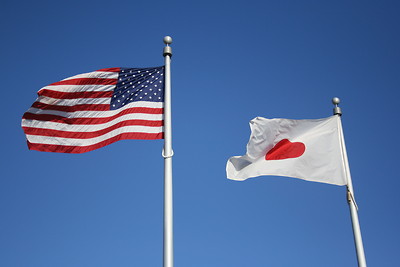
WASHINGTON (AFP): The United States has sent a second missile defence radar system to Japan, the Pentagon has said.
The new Army Navy/Transportable Radar Surveillance system (AN/TPY-2) aims to "enhance sensor coverage for ballistic missile defence of Japan and the US homeland," the Defence Department said in a statement on Dec. 26.
The United States has said it wanted its allies to enhance their missile defences to help protect against a belligerent North Korea.
North Korea's nuclear and ballistic missile programme is a major security concern in the Pacific region and beyond.
"We will continue to emphasise the importance of developing regional ballistic missile defence systems," Joints Chief of Staff vice-chairman James Winnefeld said earlier this year, emphasising that cooperation would "result in better performance than individual countries acting alone."
"This is a very politically sensitive topic for several of our regional allies, but progress in this area would only increase our confidence in the face of persistent North Korean provocations," he added.
Dubbed the Kyogamisaki Communications Site, the new radar will be located in Kyogamisaki, some 600 kilometers west of Tokyo. The existing radar system is in Shariki, in northern Japan.
The facility was tested and constructed in Japan by the US military in cooperation with Japan, the Pentagon said.
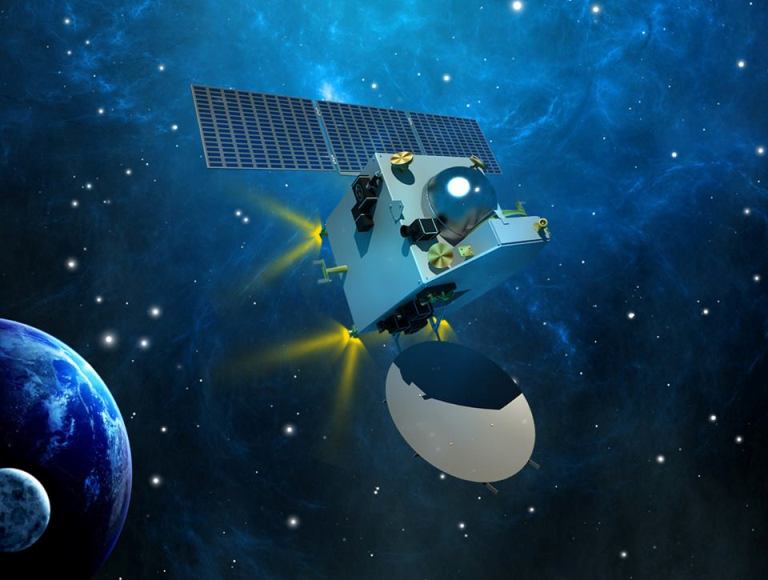 Previous Article
Previous Article Next Article
Next Article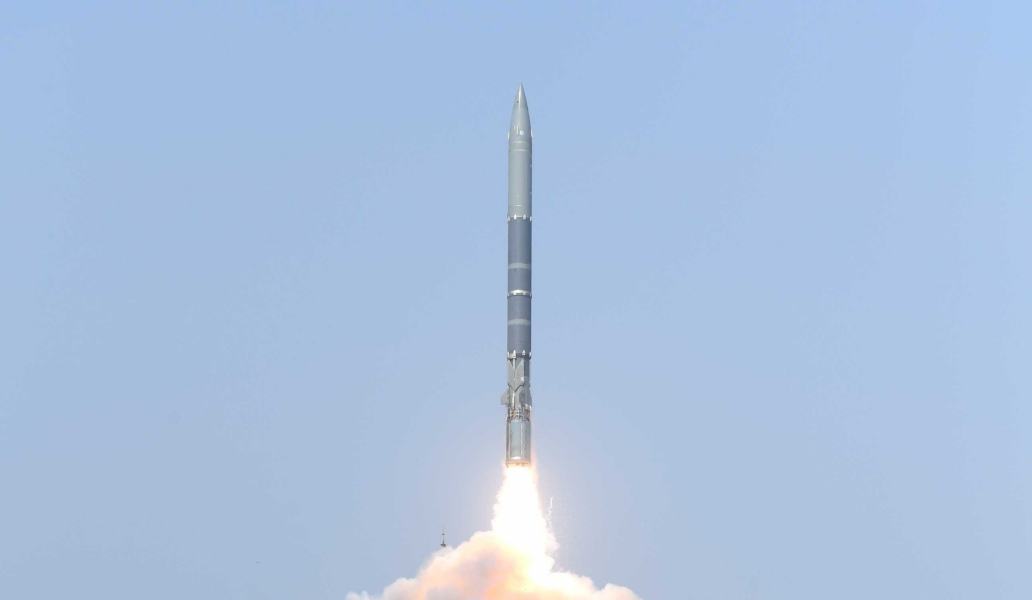

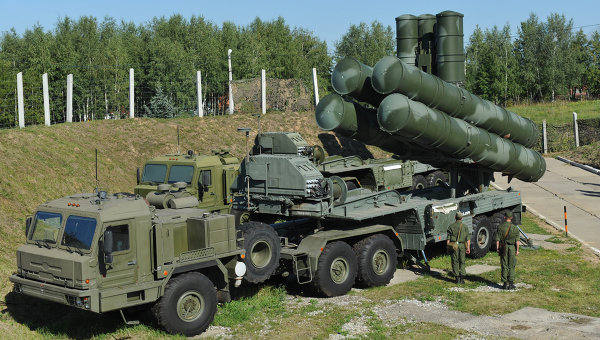
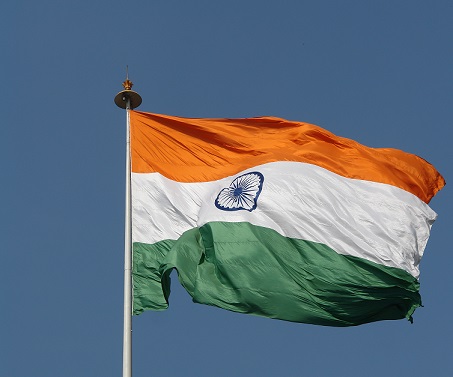

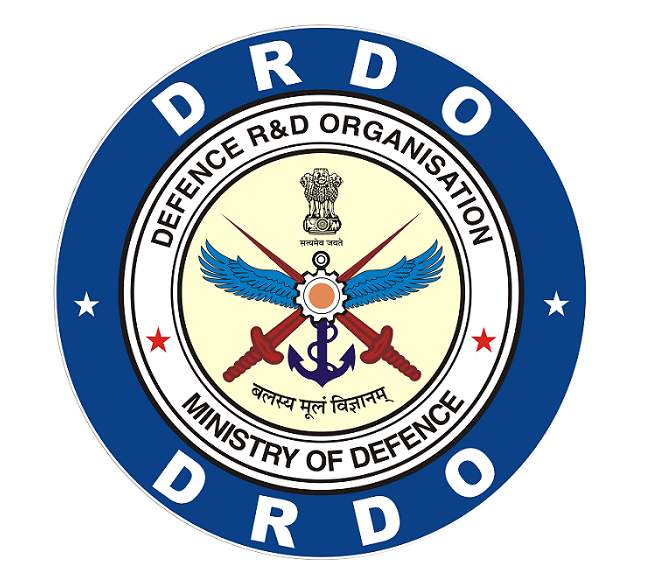
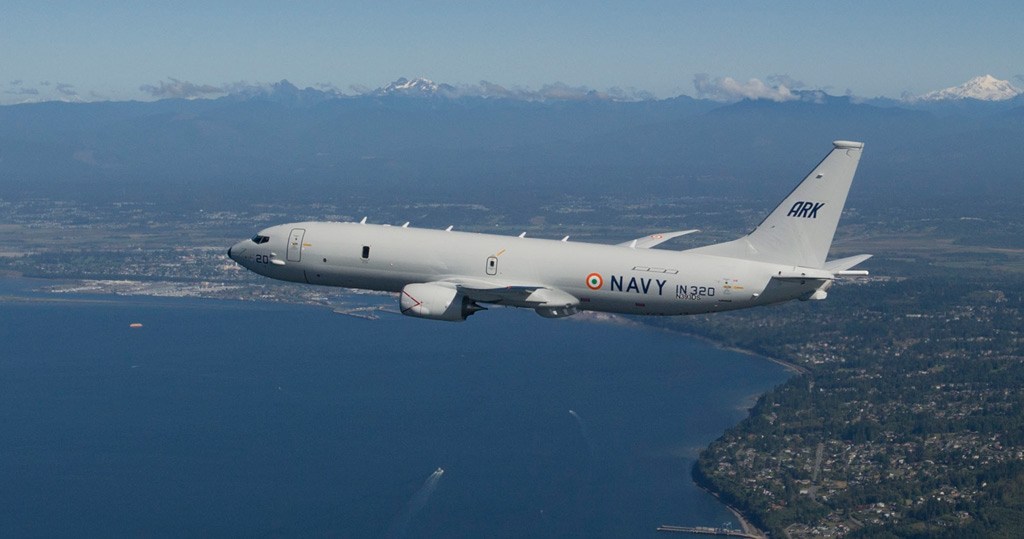







The Indian Air Force, in its flight trials evaluation report submitted before the Defence Ministry l..
view articleAn insight into the Medium Multi-Role Combat Aircraft competition...
view articleSky enthusiasts can now spot the International Space Station (ISS) commanded by Indian-American astr..
view article